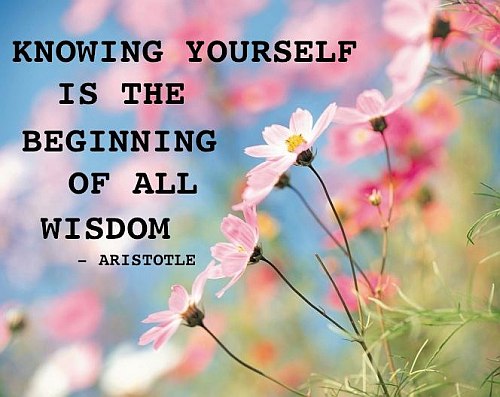
Recently, I came across a Gallup poll, polling students in grades 5 through 12 about their level of engagement in school. The poll measured hope, engagement and well-being of nearly 500,000 students from more than 1,700 public schools in 37 states. The poll found that nearly 8 out of 10 elementary students who participated in the poll are engaged in school. That number dramatically decreases the longer students are in school, with only 4 out of 10 high-school students stating they are engaged in school. The data suggests that the longer students stay in school, the less engaged they become.
Educators, both in and out of the classroom, are constantly striving to learn how to best serve the students they encounter each day. The best teachers and schools are continually wondering what they can do better, even when things are going well. They are lifelong learners as individuals and as institutions. School is never finished.
Interestingly, the high-school students who said they were engaged in their learning report that high school feels much like their elementary school. As a Montessori school, one of the things we pride ourselves in is student engagement. Students want to come to school. They can’t wait to see what the day holds for them. They engage not only with the teachers and students, they engage with the classroom materials, the environment, the ideas, lessons and the broader community. They yearn for more. And if a student doesn’t have this eagerness for learning, solutions are sought. What is the child excited about? What do they spend their time doing outside of school? How can we serve that student in ways that may be unique for him? What can we do to help them more and what can we do better?
Students come to us from a variety of situations. Schools are set up to help students gain knowledge, understanding and skills that will serve them throughout their lives. To think that simply imparting content will engage and interest them is a mistake. Students are just like adults in that they have interests, curiosities and are continually trying to make sense of their world. They enter school at a young age with hope and fascination as doors are unlocked for them. Our job – no matter the educational setting from preschool through college – is to help them find the keys.




 Several years ago, two friends and I led a two-week summer camp. The theme was the brain and how it works. We focused our efforts on offering activities that would allow campers to give a thumbs up or thumbs down to a variety of experiences. The goal was for them to discover what they find easy or enjoying doing, as well what they find hard or uninteresting. We all participated in activities that were easy, just right, or difficult.
Several years ago, two friends and I led a two-week summer camp. The theme was the brain and how it works. We focused our efforts on offering activities that would allow campers to give a thumbs up or thumbs down to a variety of experiences. The goal was for them to discover what they find easy or enjoying doing, as well what they find hard or uninteresting. We all participated in activities that were easy, just right, or difficult. I love the game of football. I’m also a huge theater buff. What do these things have in common? Throughout my lifetime, and I’m sure before, both this sport and art form have changed. They have changed in their presentation to the public. The rules of the game and the rules of theater have shifted. Theater and football today are clearly different than they were 30 years ago. Suffering penalties under the new roughing the passer rules in the NFL or attending a performance of “Hamilton” highlight some of these differences. Things change.
I love the game of football. I’m also a huge theater buff. What do these things have in common? Throughout my lifetime, and I’m sure before, both this sport and art form have changed. They have changed in their presentation to the public. The rules of the game and the rules of theater have shifted. Theater and football today are clearly different than they were 30 years ago. Suffering penalties under the new roughing the passer rules in the NFL or attending a performance of “Hamilton” highlight some of these differences. Things change.
 Are you an auditory, visual or kinesthetic learner? Do you prefer to listen, see or move to gain the most from a learning experience? Most of us will say we think we know how we learn best. However, in the past few years research has debunked the idea of preferential learning styles.
Are you an auditory, visual or kinesthetic learner? Do you prefer to listen, see or move to gain the most from a learning experience? Most of us will say we think we know how we learn best. However, in the past few years research has debunked the idea of preferential learning styles.  One of my favorite thinkers, Daniel Pink, has just released a new book:
One of my favorite thinkers, Daniel Pink, has just released a new book: 
